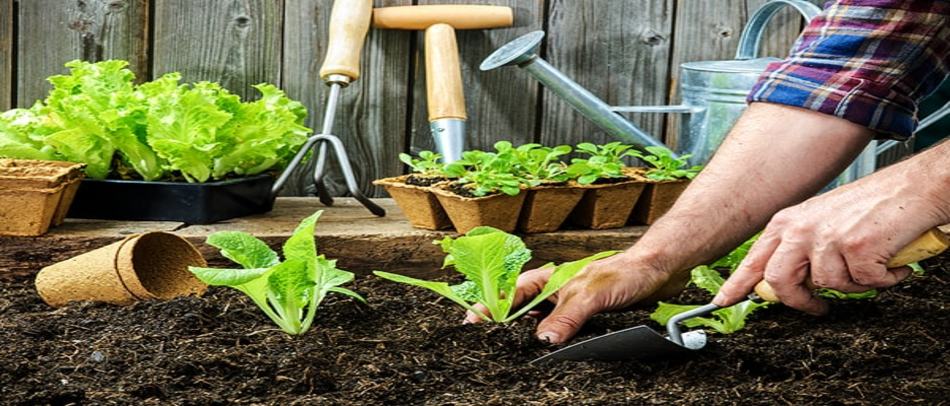Growing organic vegetables and fruits is both healthy and delicious and much better than produce you can get at the supermarket. Why not consider producing your own organically grown produce? Read the article below for tips and suggestions on how you can have your very own organic garden at home.
When winter comes, you can save a few plants by transferring them inside the house. Think about saving your resistant plants or the expensive ones. Dig carefully around the roots and transfer the plants to a pot.
CO2 is essential for growth. A higher level of CO2 will help plants grow better. A greenhouse has the best levels available. The levels need to be kept high for optimum greenery growth.
When fall has arrived, it is time to plant the edibles for the autumn. This time, use a pumpkin for the container for your lettuce and kale, instead of plain clay pots. Cut an opening in the pumpkin and scoop the insides out. Then spray the edges and empty inside of the pumpkin with Wilt-Pruf so the pumpkin doesn’t rot. After this is completed, it is time to plant!
When you decide to add vegetables into your garden space, be aware that they must be placed where they will receive direct sunlight for a minimum of six hours daily. If you neglect this, it is likely that you will notice slow growth and reduced quality in your vegetables This is true of some flowers.
Irises should be divided. If you divide the overgrown clumps of flowers, you’ll find that your stock grows proportionally. You can do this by simply picking up bulbous irises once the foliage has withered. You will be able to split the bulb easily and replant it to get more flowers next year. Divide rhizomes with a knife. Cut new outside pieces and dispose of the center. Don’t plant any pieces that don’t have any strong offshoots. Immediately replant all your selected cuttings.
The best gardens will evolve from original seeds rather than transplanted items. As a green-friendly gardener, you always want to use seeds to start your new plot. The plastics used in nurseries are rarely recycled and ends up in landfills, so it is best to start with the seeds or buy from nurseries who use organic materials in packaging their plants.
Fertilize your garden regularly. Manure is great in enabling plants to grow, although it’s vital to use commercially composted products in order to lessen the risk of a variety of pathogens. There are a lot of different ways to fertilize plants; make sure you actually take the time to do it.
If you are planning on growing peas, start them indoors before putting them outdoors in your garden. If you plant them inside, they might germinate more effectively. The baby plants will also be stronger and will resist pests and disease better. You will be able to transfer the seedlings outdoors after they become better established.
Don’t buy produce that aren’t up to snuff. If you follow the advice that you have just read, you will be on your way to an even greener thumb!

